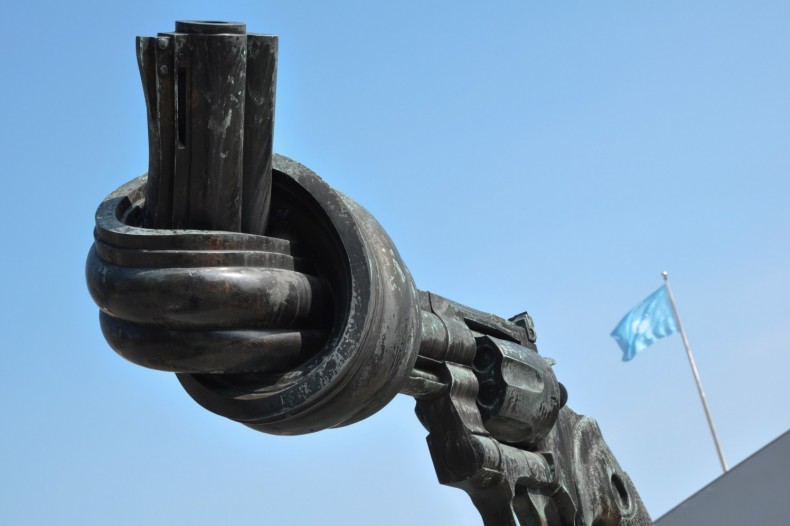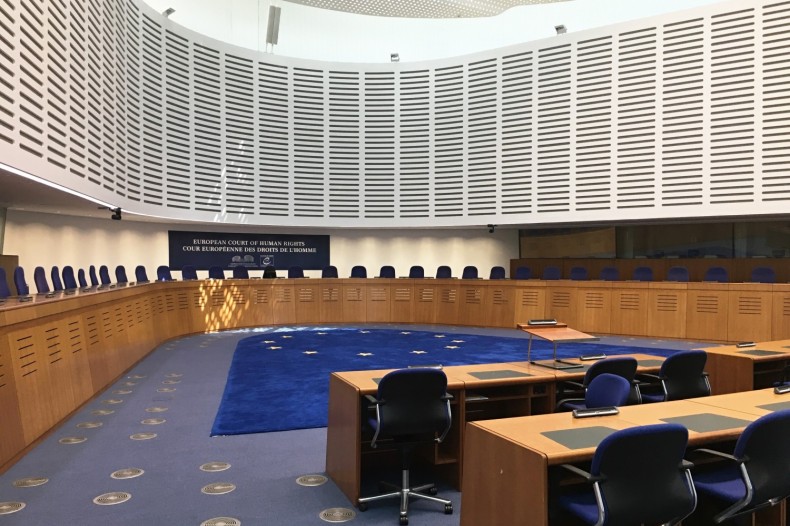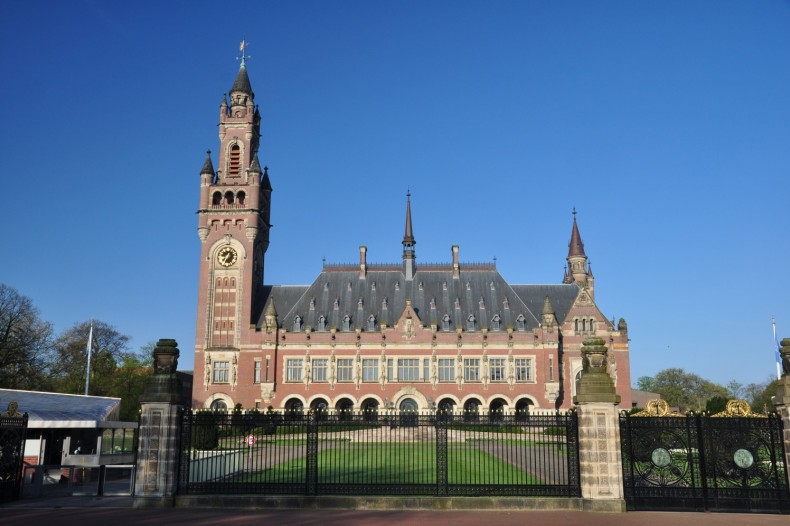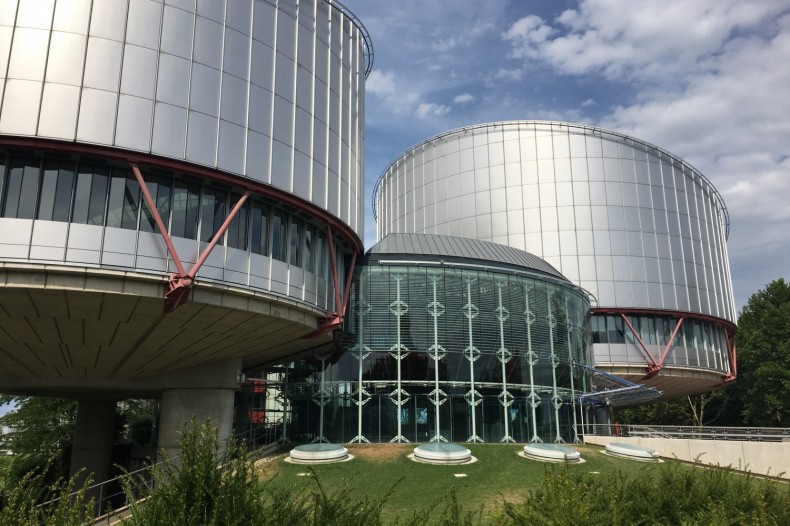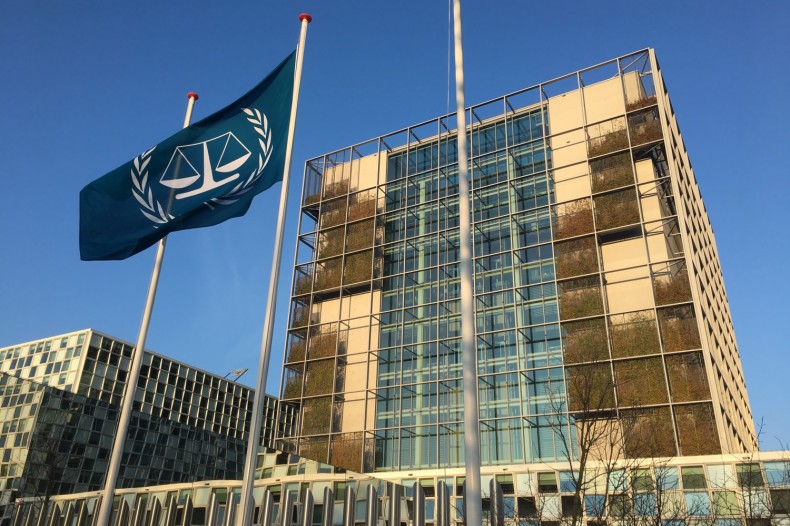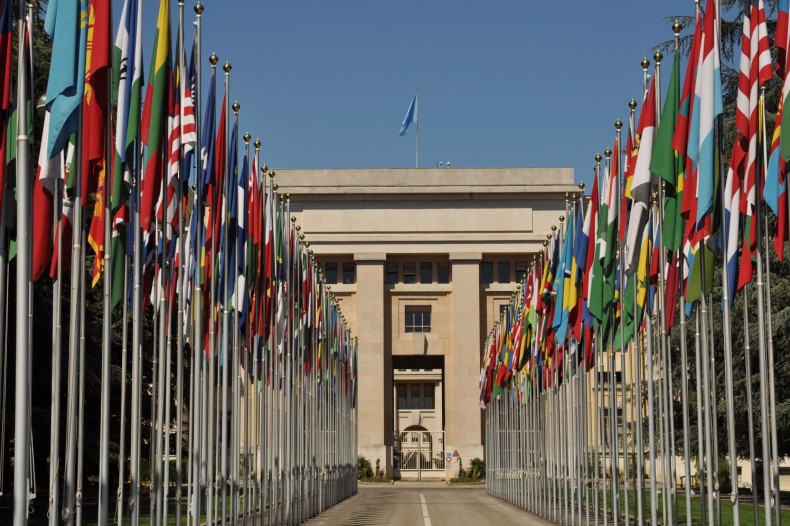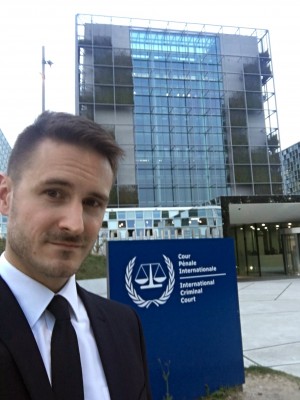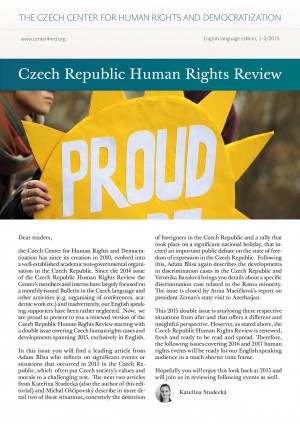Czech Centre for Human Rights and Democracy
The Centre is an independent academic institution monitoring human rights developments both domestically and worldwide, issuing a monthly Bulletin, as well as organizing conferences.
In September Jan Lhotský finished one-year studies specialized in human rights (E.MA) that took place in Venice, Italy and Graz, Austria. His final thesis was awarded among five best works that will be published. The paper discusses the need for reforming the UN human rights treaty bodies, like e.g. the Human Rights Committee. It further proposes a concrete shape of the reform for 2020 when the UN General Assembly will decide on the system’s improvements (more about the event here). Furthermore, in October Jan Lhotský started a six months work as a Visiting Professional at the chambers of the International Criminal Court in The Hague.
Czech Centre for Human Rights and Democratization invites you to a discussion seminar on the subject Internally Displaced Persons (IDPs): Current Prospects and Protection Challenges.
Speakers:
Bríd Ní Ghráinne, Lecturer and Researcher, School of Law, Sheffield University
Kristýna Andrlová, Lawyer, the UN Refugee Agency (UNHCR) in the Czech Republic
Šárka Dušková, Lawyer, Organisation for Aid to Refugees (OPU)
Who are „Internally Displaced Persons“ (IDPs)?
How do they differ from refugees?
Where do most people who have been forced to leave home but have remained in their own country come from?
What are the reasons people become IDPs?
What are the issues IDPs are facing?
The Czech Republic remains as one of the leading countries in the international weapons trade, particularly the distribution of small arms worldwide. Problematically, this includes exports to countries with highly contentious human rights records. Is this compatible with the Czech foreign policy based on the support of human rights? Are we legitimizing oppressive regimes? And can we strike a balance between protecting human rights and restricting arms trade, when often, arms are also used for defense?
At the end of February 2017, a member of The Czech Center for Human Rights and Democratization, Helena Kopecká, commenced her UN internship at The Extraordinary Chambers in the Courts of Cambodia, at the Department of the Co-Prosecutors. She namely works under the established American prosecutor, Nicholas Koumjian. Helena takes part in the creation of research drafts regarding crimes against humanity. Currently she is specializing in matters concerning forced labour.
In September 2016, Hubert Smekal and Katarína Šipulová represented The Czech Centre for Human Rights and Democracy at the Conference of AHRI (The Association of Human Rights Institutes) which took place in Utrecht. Besides participating in seminars and meetings with other organizations, they displayed some of the research activities of the Centre. Presenting a paper regarding the implementation of international human rights law set out by the constitutional courts of the Czech Republic and Slovakia, centre members showed how international human rights law influenced constitutional courts. Such observations included the forming of important standpoints regarding lustrations, restitutions or the opening of archives belonging to StB. Members of the Centre also gained also many valuable insights and perspectives during the conference.
Dear readers, we are proud to present to you the 2015 issue of the Czech Republic Human Rights review. Despite the delay in its publication, we hope that you will find articles that will be of interest to you. And as is also stated in the editorial of this issue, we vow to deliver information about Czech human rights related events from following periods in a much timely manner. The 2015 issue starts with a leading article from Adam Blisa who reflects on significant events or situations that occurred in 2015 in the Czech Republic, which often put Czech society’s values and morals to a challenging test. You will also find information on the detention of foreigners in the Czech Republic and a rally that took place on a significant national holiday, that incited an important public debate on the state of freedom of expression in the Czech Republic. Other articles in this publication focus on the developments in discrimination cases in the Czech Republic or president Zeman’s state visit to Azerbaijan. We wish you an enjoyable reading.
Do not hesitate and read the Review.
The Center's members Hubert Smekal and Ladislav Vyhnánek published an article in the prestigious journal Cambridge University's European Constitutional Law Review which deals with the Czech Constitutional Court's judgment on the 5% threshold in the 2014 European Parliament elections. The article is available here.

